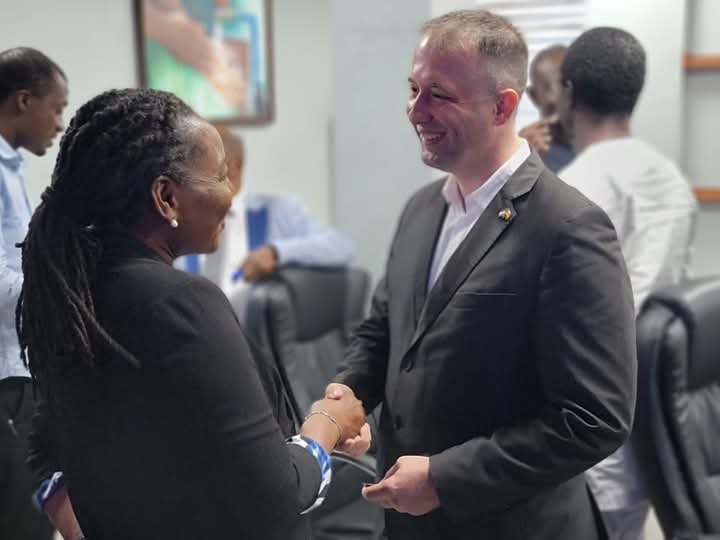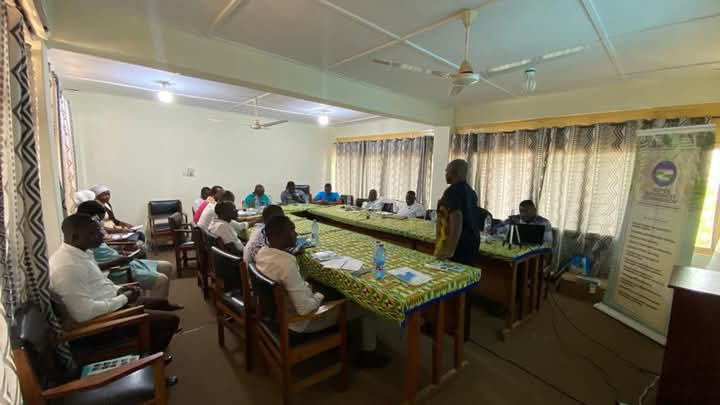Chance for Childhood (CfC), a child-centred NGO promoting safe and inclusive learning environments, has launched a Livelihood Empowerment Initiative to support parents of children with disabilities participating in CfC’s Inclusive Education Project in Accra.
The initiative aims to improve household income, reduce financial stress, and enhance educational opportunities for children with disabilities by strengthening the economic resilience of their families.
As part of the programme, CfC awarded small grants totalling GH₵100,000.00 to 20 parents to enable them invest in sustainable livelihood activities. Beneficiaries used the funds to purchase start-up kits and expand existing businesses, including sewing machines, deep freezers, container shops, convenience goods, cosmetics and food items.
Speaking on the initiative, Mr. Richard Opoku, Inclusion and Safeguarding Lead at Chance for Childhood, highlighted the persistent economic challenges faced by families of children with disabilities.
“Despite progress in access to education, many parents of children with disabilities continue to face economic hardship. Parents often sacrifice their financial stability to care for their children. Through this initiative, we are empowering parents to create sustainable livelihoods that strengthen their families and ensure that children with disabilities can learn and thrive in inclusive environments,” he said.
Mr. Opoku added that by equipping parents with financial literacy skills and access to small business opportunities, CfC were supporting them to generate stable incomes to have positive impact on education, inclusion and overall well-being of their children with disabilities.
In addition to the grants, parents participated in a five-day financial literacy training facilitated by Opportunity International Savings and Loans Ltd. The training covered key topics such as budgeting, savings and small-scale business management. Opportunity International also supports the programme by managing savings accounts opened for all participants.
Beneficiaries of the initiative shared how the support has transformed their livelihoods and ability to care for their children.
“The support came at the right time. My trading capital had reduced, but the grant helped me restock and keep my business running. I no longer worry about closing down. With the investment made into my business, I am now able to buy medication for my child when the one provided at the eye clinic finishes,” said Abigail Asiamah.
“Before the CfC grant, I could only buy a small quantity of items to sell. With the support, I expanded my stock, and now customers no longer leave my table because what they need is always available. This school term, I was able to save to pay my children’s school fees and provide books for them,” added Rahinatu Musah.
The Livelihood Empowerment Initiative is implemented with funding support from Theirworld, and aligns with CfC’s mission to ensure that every child can live with dignity and reach their full potential, regardless of ability or background.





















